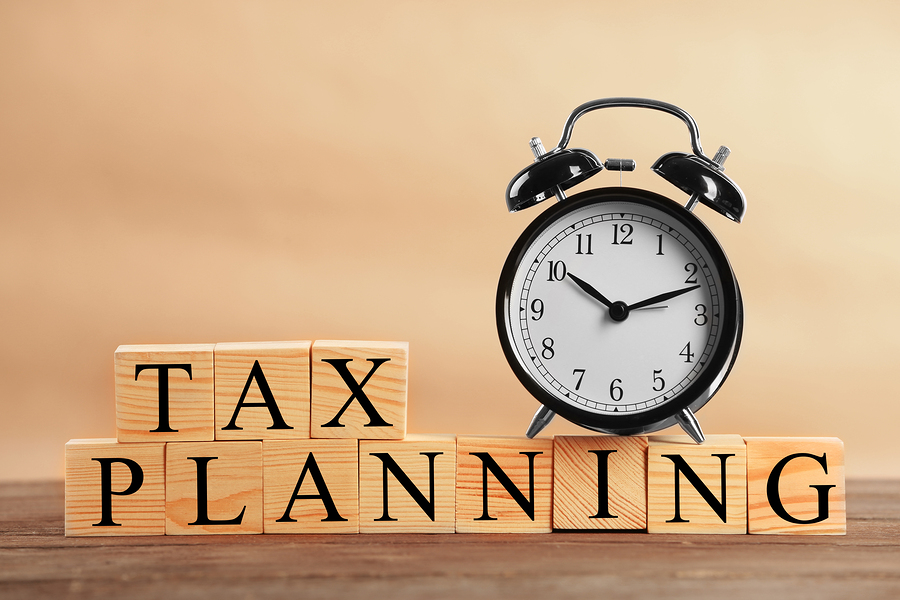Table of Contents
Introduction: What Is Tax Planning?
Tax planning is the process of analyzing your financial situation to ensure maximum tax efficiency. It involves organizing your finances in a way that legally reduces your tax liability while aligning with your overall financial goals.
Whether you’re an individual, freelancer, or business owner, proactive tax planning helps you save money, avoid penalties, and make smarter decisions year-round—not just during tax season.
Why Tax Planning Matters
Many people wait until the last minute to think about taxes—but that often leads to missed opportunities. With effective https://law-prof.us/, you can:
-
Lower your taxable income
-
Maximize deductions and credits
-
Reduce capital gains taxes
-
Avoid IRS penalties or audits
-
Plan for retirement or major life events
In short, tax planning isn’t just about filing—it’s about forecasting, strategizing, and optimizing.
Key Tax Planning Strategies
1. Understand Your Tax Bracket
Your federal tax rate determines how much of your income is taxed. Knowing your bracket helps you:
-
Time income and deductions
-
Avoid “bracket creep”
-
Strategically plan contributions or withdrawals
2. Maximize Retirement Contributions
Pre-tax contributions to retirement accounts can significantly reduce your taxable income.
-
401(k): Up to $23,000 in 2025 (plus $7,500 catch-up if 50+)
-
Traditional IRA: Up to $7,000 (plus $1,000 catch-up)
-
Contributions grow tax-deferred until withdrawal
3. Take Advantage of Tax Credits
Unlike deductions, tax credits directly reduce the amount you owe. Popular credits include:
-
Child Tax Credit
-
Education Credits (American Opportunity & Lifetime Learning)
-
Earned Income Tax Credit (EITC)
-
Energy-efficient home improvement credits
4. Harvest Capital Losses
Selling underperforming investments at a loss to offset capital gains is called tax-loss harvesting. You can:
-
Offset gains dollar-for-dollar
-
Deduct up to $3,000 in capital losses against ordinary income
5. Use Health Savings Accounts (HSAs)
If you have a high-deductible health plan (HDHP), HSAs offer triple tax benefits:
-
Contributions are tax-deductible
-
Growth is tax-free
-
Withdrawals for qualified medical expenses are tax-free
6. Defer or Accelerate Income and Expenses
Timing is everything. Consider:
-
Deferring bonuses or income to next year (if in a lower bracket)
-
Accelerating deductions like charitable donations or business expenses
7. Work with a Tax Professional
A CPA or tax advisor can help you:
-
Find industry-specific deductions
-
Navigate complex tax laws
-
Avoid costly mistakes
Tax Planning for Businesses
If you own a business, strategic tax planning can boost profitability.
Tips for business owners:
-
Choose the right entity structure (LLC, S Corp, etc.)
-
Deduct home office expenses
-
Take advantage of Section 179 for equipment purchases
-
Track mileage and travel expenses
-
Consider setting up a SEP IRA or solo 401(k)
Tax Planning vs. Tax Preparation: What’s the Difference?
-
Tax Preparation is reactive. It’s what you do in March or April to file last year’s return.
-
Tax Planning is proactive. It’s what you do throughout the year to influence what you’ll owe next April.
The best tax savers don’t wait until filing season—they plan ahead.
Common Tax Planning Mistakes to Avoid
🚫 Waiting until the end of the year
🚫 Failing to track expenses or save receipts
🚫 Ignoring changes in tax law
🚫 Not adjusting withholdings or estimated payments
🚫 Missing out on employer-sponsored benefits
Final Thoughts: Start Planning Today
Smart tax planning isn’t just for the wealthy—it’s for anyone who wants to keep more of what they earn. Whether you’re saving for retirement, managing investments, or running a business, having a tax strategy in place can pay off big time.



